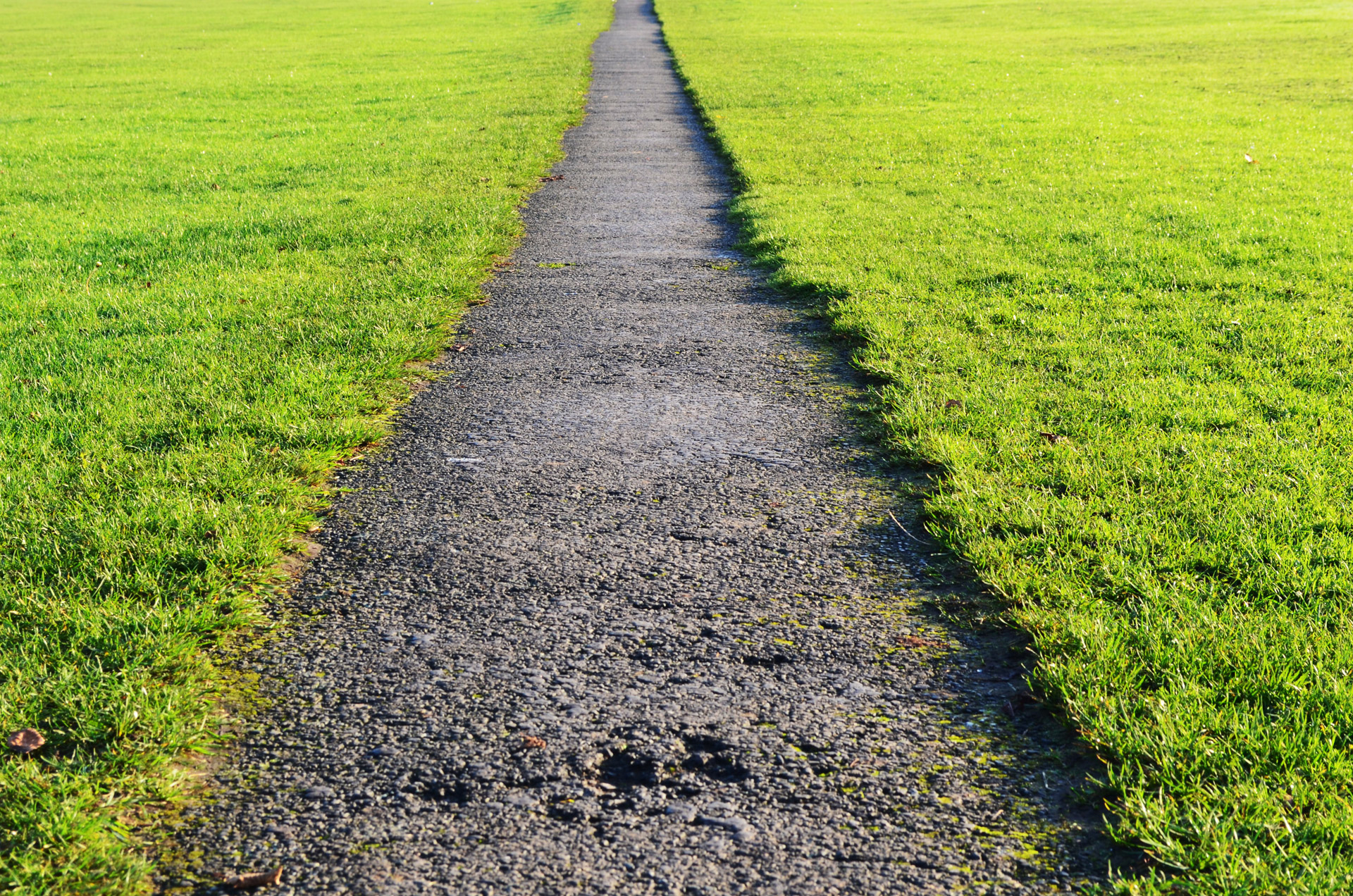Justice, a cornerstone of Bahá’í teachings, is not merely a notion to aspire to, but a profound principle that shapes our interactions and relationships. The journey towards cultivating a robust sense of justice is laden with introspection, action, and a commitment to both personal and societal transformation. But one might ponder: how does one transition from a mere understanding of justice to embodying it in daily life? Let us embark on this exploration of Bahá’í principles and their implications for developing a sincere and actionable sense of justice.
At the outset, it is essential to comprehend the Bahá’í perspective on justice. Indeed, Bahá’u’lláh, the founder of the Bahá’í Faith, articulated that justice is the most pivotal attribute of God and serves as an indication of a person’s moral character. The significance placed on justice is reflective of its centrality to human dignity and social harmony. This prompts a crucial inquiry: Are we prepared to confront our biases and preconceptions when seeking justice within our communities?
To forge a sustainable pathway towards justice, one must first engage in rigorous self-examination. This entails not only recognizing one’s own biases but also acknowledging how these biases may unconsciously influence perceptions of fairness. The Bahá’í Teachings exhort individuals to look inward, to scrutinize personal attitudes, and to engage in persistent self-reflection. Such an endeavor, while challenging, is essential for cultivating a nuanced understanding of equity and impartiality.
Furthermore, possessing an authentic sense of justice necessitates the development of empathy. Empathy, the ability to vicariously experience the emotions of others, is indispensable for fostering connections that transcend superficial differences. The Bahá’í teachings advocate for the recognition of the inherent worth of every individual, prompting us to reflect upon the plight of our fellow beings. When confronted with situations where injustice occurs, ask yourself: How would I want others to respond if I were in their shoes? This query is not merely rhetorical; it is a call to action that demands a profound internal dialogue.
Once self-reflection and empathetic understanding are firmly established, it is necessary to consider the role of education in the pursuit of justice. Education, in the Bahá’í context, is perceived not merely as the acquisition of knowledge but as a transformative process that cultivates virtues. Access to education must be equitable and inclusive, paving the way for all individuals to develop a sense of justice. The challenge lies in recognizing barriers that might impede the equitable distribution of educational resources. As Bahá’ís, the commitment to elevating education must extend beyond personal interests and embrace a communal responsibility.
Moreover, the practice of justice is intrinsically linked to the adoption of ethical behavior in daily life. It includes the integration of honesty, transparency, and integrity into personal and professional conduct. The teachings emphasize that justice should not be conditional; it must be unwavering and universal. Thus, reclamation of equity in our own lives can serve as a catalyst for broader societal change. When injustices arise, the true challenge emerges: Do we act with courage, or do we retreat into complacency? The latter not only undermines our principles but also perpetuates cycles of injustice.
To enhance the pursuit of justice, one must also engage in constructive dialogue and collaboration. The Bahá’í principle of consultation promotes an open exchange of ideas aimed at fostering unity and collective problem-solving. This approach encourages individuals to transcend their differences, focusing instead on shared objectives and common humanity. True justice often necessitates collaboration across various factions of society. This can prove to be daunting, yet the rewards of collaboration can significantly outweigh the challenges. By working together, diverse groups can leverage their different experiences to forge innovative solutions to complex injustices.
Furthermore, Bahá’í teachings encourage active participation in societal transformation. This participation can manifest in myriad forms, including community service, advocacy, and supporting initiatives that promote human rights. Such involvement not only contributes to societal well-being but also provides individuals with profound insights into the lived experiences of others. Reflecting on one’s contributions in these areas can aid in developing a deeper sense of accountability and justice. Herein lies another challenge: balancing activism with self-care. How can one engage passionately in the cause of justice without succumbing to burnout or disillusionment?
Lastly, developing a sense of justice extends beyond individual action; it encompasses fostering a culture of justice within communities. Creating an environment where justice is prioritized requires a concerted and persistent effort. This may involve initiating community dialogues, championing policies that promote equity, and inspiring others to uphold justice in their own lives. As a community, the collective pursuit of justice serves not only as a moral imperative but as a reflection of shared values and aspirations. The question arises: How do we instigate a cultural shift toward justice in our societies?
In conclusion, the Bahá’í teachings present a comprehensive and profound approach towards developing a meaningful sense of justice. This path involves introspection, empathy, integrity, education, collaboration, and a collective societal commitment. By assuming responsibility for personal and communal actions, individuals can actively contribute to the construction of a more just world. Justice is not an abstract concept; it is a practice, a commitment to ensuring equity and dignity for all. As we navigate this journey, it is incumbent upon each of us to remain steadfast in our commitment to justice, fostering an ethos that reflects the essential oneness of humanity.
